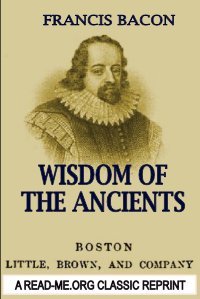By Norman O. Brown
From the Preface: This study of the Greek god Hermes explores the hypothesis that the interrelation of Greek mythology and Greek history is much closer than has generally been recognized. Such a hypothesis seems almost inescapable in the face of the radical transformation that the attributes and personality of Hermes underwent during the archaic period of Greek history. What I have sought to do here is to correlate these changes with the revolution in economic techniques, social organization, and modes of thought that took place in Athens between the Homeric age and the fifth century b.c. Such a correlation, I submit, casts new light on the mythology of Hermes, and especially on the Homeric Hymn to Hermes.
NY. Vintage. 1947. 1969. 183p.





